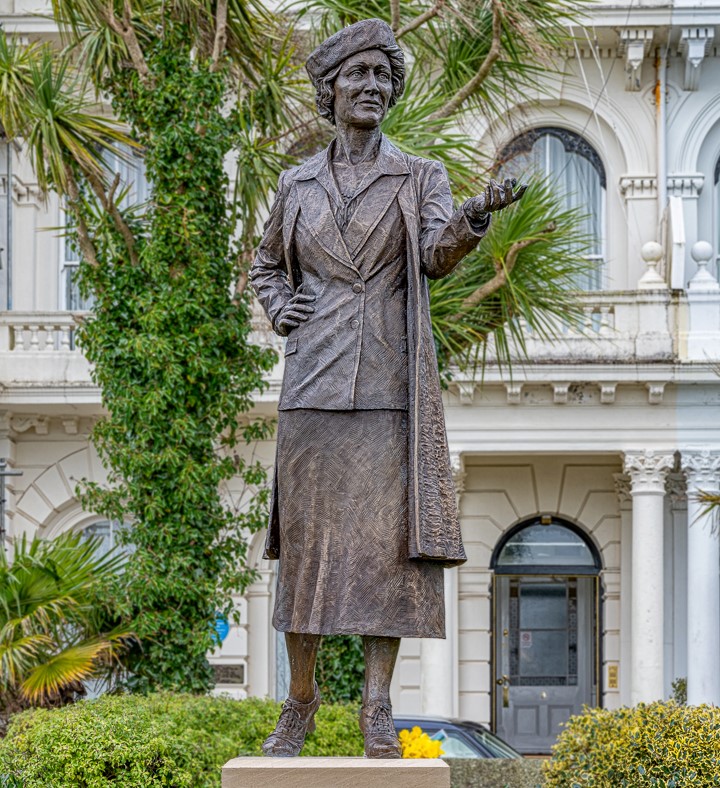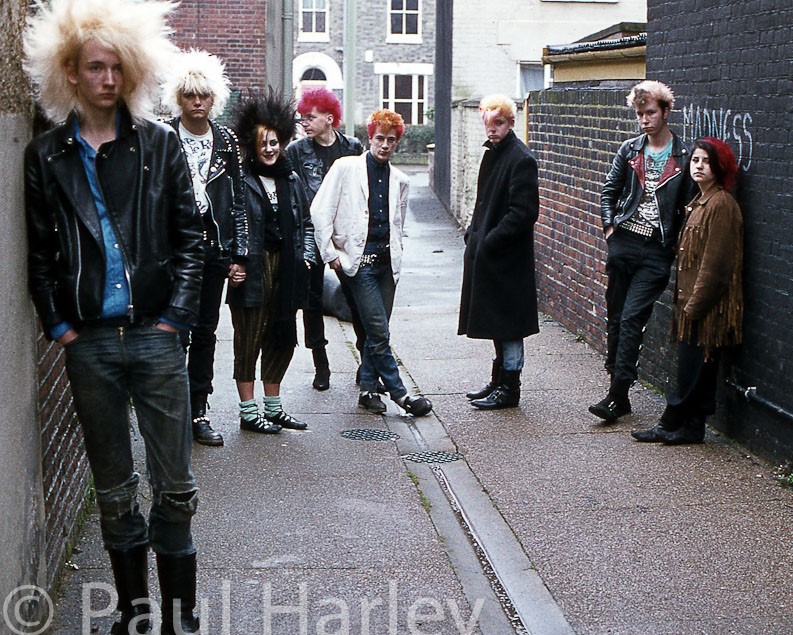Exploring links between history, heritage and the present
The dynamic community of researchers within our History Division delves into the very essence of human identity, both at an individual level and as communities. Our research and teaching explore the relationships between history, heritage and the present.
Research within the Division encompasses heritage and cultures on a global scale and spans a millennium. Our academics’ expertise includes, for example, meteorology in medieval times, the history of the Papacy, belief in Early Modern England, the French Revolution, gender in Africa, animal history in the Indian subcontinent, Cold War Berlin, modern British culture and politics, the USA in the era of slavery and the Cold War, and politics and popular culture in modern Egypt.We have strengths in the histories of gender, political ideologies, societies and their material cultures, emotions and beliefs, subaltern peoples, and the history of science, including animal health. The diversity of our research footprint is demonstrated by our externally-funded projects, including the fiscal origins of the French Revolution, politics and popular culture in Egypt, political polarization in the English Civil War, women and the miners’ strike, and the politics of English protest music. We have externally-funded ECRs working on projects portraying malaria in colonial India, and women and the memories of US slavery. Via AHRC network grants, staff in the department have contributed to the histories of British landscapes, motherhood and Atlantic slavery, and youth subcultures.
Our academics successfully strive to engage and inspire the wider public with their work -- embracing digital technologies and utilizing social media -- to drive better understanding of research and to influence change. Additionally, we work with strategic partners within and outside the University, including the Museum of English Rural Life, Demos, the Houses of Parliament, the National Coal Mining Museum, the National Maritime Museum, the National Trust, Plymouth Museum, the Museum of Youth Culture, and the US Embassy in London. Our funded collaborative doctoral students work with the National Archives and the Royal Society.
Discover the latest developments in our Department.




